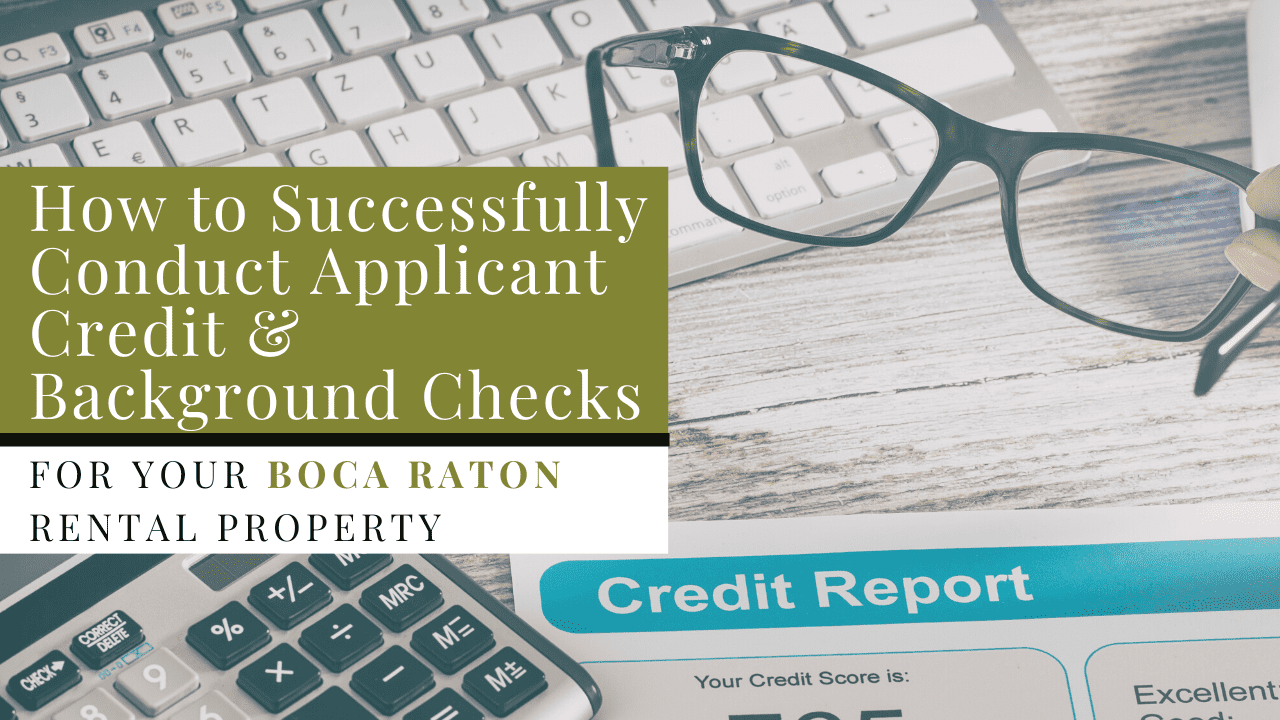You should also look at your prospective applicant’s credit history before accepting them as a renter. As with the background check, you need to have a policy about credit scores.
At Florida Property Management Services, we consider individuals with scores of 600 and above to be good candidates. This score indicates a minimum of a fair credit rating in both FICO and Vantage systems. They will be more likely to get loans and credit than those with lower scores.
However, you also need to look at the actual history when doing your credit check for renters. Have they had a consistent score or is this a new level for them? What circumstances have affected their credit rating?
As with the background check, you need to know when to show compassion and where to draw the line when doing a credit check for renters. Maybe this person had a bit of bad luck and they’re getting back on their feet again. Maybe they needed a few extensions on their medical bills. Maybe they forgot to pay rent a few times five years ago but they’ve been more consistent since then. A written policy allows you to be consistent with your decisions on who to accept based on their credit history.
Once you have this policy in place and you have written consent from your applicants, you can use a credit checking service. They’ll provide you with a detailed report for you to read. You can then accept or reject the applicant according to your policy.
If you have questions about how to conduct applicant checks or if you need more help, Florida Property Management Services would be happy to serve you. Plus, if your investment is in Boca Raton, Weston, Cape Coral, or nearby; we can help you manage it. Please contact us today.















